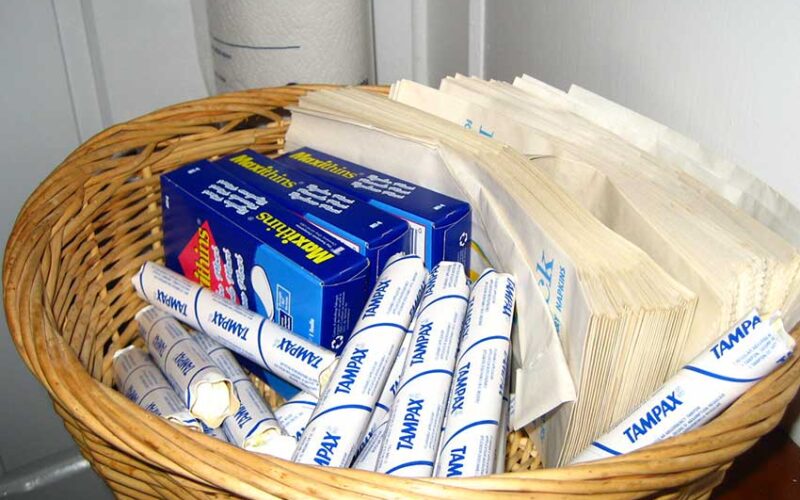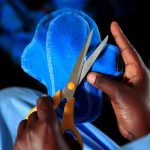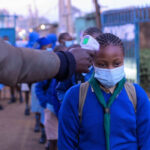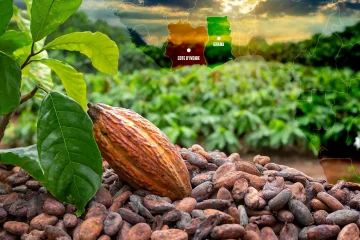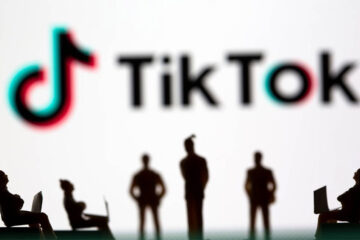LISA WITEPSKI
ACCESS to sanitary pads continues to be a major challenge for many South African women – but one that entrepreneurs Lindiwe Nkuna and Matefo Morakeng are determined to address.
Here is a frightening statistic: according to Globalhealth.org, around 3.7 million South African girls are unable to afford sanitary pads. Added to this, around 30% of learners miss out on school during their periods, precisely because of this lack of access.
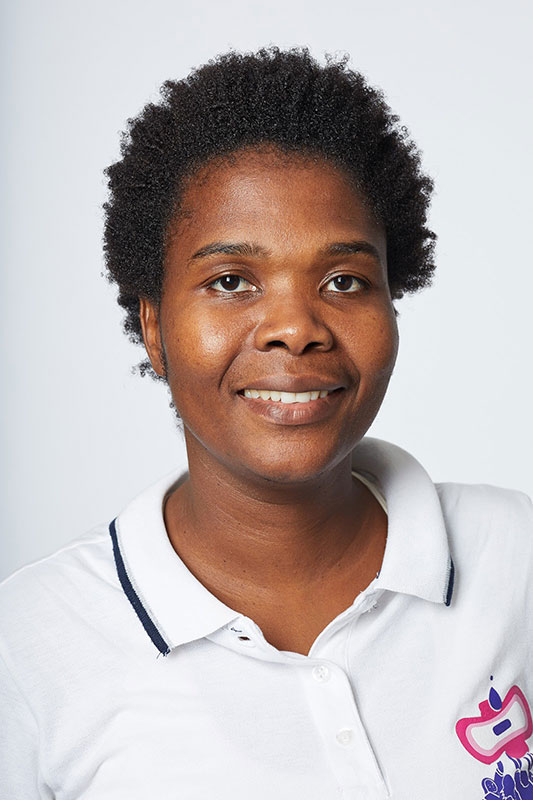
Although it is this worrying trend that has caused many South Africans to take note, at long last, of the impact of menstruation on the already disturbing inequality that exists between the genders in this country, Lindiwe was motivated to launch Lindiwe Pads for another reason altogether. “Menstruation is an economy all on its own, and one that is almost entirely dominated by men,” she states. Lindiwe is concerned that that women are being denied the opportunity to benefit financially from what is, after all, an economy that affects them profoundly, and which should have their best interests at heart.
This is why she is determined to see women move away from ‘consumer status’, to become significant role players in the menstrual economy. “If we keep up the narrative that girls are losing out on education because of lack of access to sanitary pads, we are simply perpetuating the cycle of monthly donations. We have to change that.”
Rather than simply preaching, Lindiwe put her ideas into action by leaving her job as an enterprise development division of an accounting firm to collaborate with individuals who had past manufacturing experience in the sanitary pad industry. Lindiwe Pads was launched in 2018, and “is growing like nobody’s business!” she enthuses. The brand’s range has been extended with the addition of five new products, and is now available in more than 70 independent pharmacies as well as several cash and carry chains.
Lindiwe attributes this success to the fact that women are being more intentional in their purchases; faced with a choice of international products, they are increasingly choosing to support local brands. And she couldn’t be happier: “I love being a woman, and I want other women to feel the same way – so, if there is any obstacle that stops them from having this experience, I want to help remove it.”
Matefo Morakeng, meanwhile, launched her Dear Bella pads (named for her mother) after discussions with women living in the rural Free State led her to realise just how many have to find alternatives to sanitary pads because they cannot afford them. At just R10 for a pack, it’s easy to see why demand for the product has grown – especially because she has refused to compromise on quality.
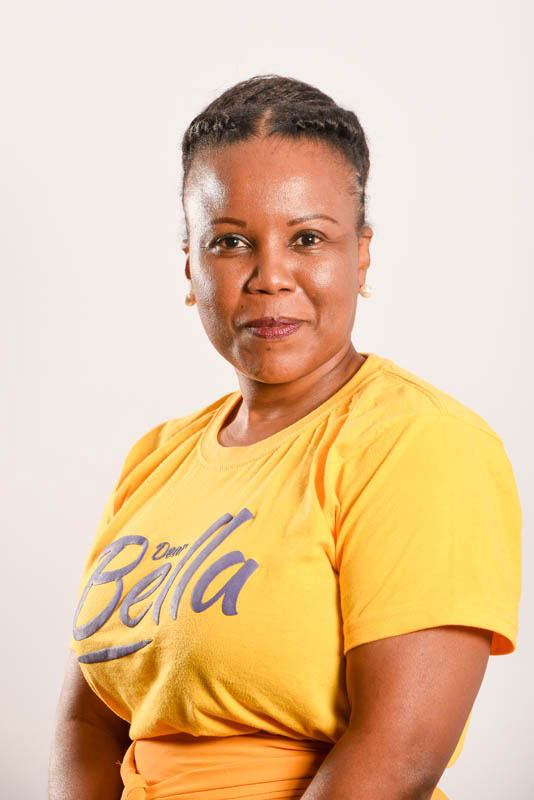
At first, she admits, she was unsure of how she would create such a product: as a specialist in events and events marketing, she had no background in manufacturing, especially in this field. After researching her options, she elected to enter into a contract manufacturing partnership with an experienced, reputable manufacturer. “It was particularly important that I work with a locally based company, because most pads are made by multinationals that see our market as just another group of consumers, which can easily be replaced.” In contrast, Dear Bella stands as an example of local pride. “I would like South African girls to look at this product and see it as something that helped them achieve their own dreams and goals; a product that made their future possible because it helped keep them in school.” Perhaps more than this, she wants them to be inspired by the story of a South African entrepreneur.
This is why she has worked especially hard to make sure every aspect of the brand resonates with her target market. Since first conceptualizing the product in 2017, she has experimented with branding and packaging, conducted extensive product testing and drawn on her experience in hosting exhibitions to encourage product trial. “Obviously, switching my career focus in this way was a huge challenge – I have gone from a service-oriented industry to a product-oriented one. If I felt like my eyes had been opened previously, I now feel like I have eight pairs of eyes, and all of them are staring!” she quips. On a more sober note, she admits that the timing of Dear Bella’s launch could not have been better, as the Covid-19 pandemic placed a severe strain on the events industry. Not that she is letting her skills in this lie dormant: her plan is to leverage them to turn Dear Bella into a larger brand.
In the meantime, she is thrilled by the brand’s success and gradual growth: from 20 boxes a month (each containing 48 packs), customers are now ordering between 50 and 100 boxes. Plus, Dear Bella is now also sold in Lesotho and has recently been introduced in Swaziland.
Matefo aims to see the product available throughout Africa – but her aspirations don’t end there. Her business model has been developed so that women are able to make money from selling it themselves. Ultimately, she would like to own her own manufacturing plant. “Establishing Dear Bella gave me the opportunity to have conversations with women that I’d never had before, and I value that tremendously. This is a business that grew from the heart,” she concludes.

